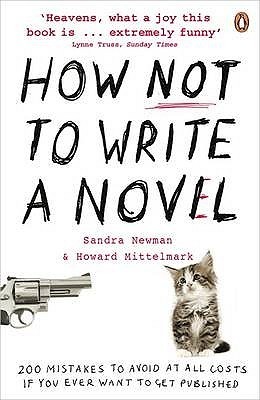What do you think?
Rate this book


262 pages, Paperback
First published April 1, 2008
Aunque tu trabajo como escritor es conocer muy bien a tus personajes, pocas veces es necesario compartir toda esa información con el lector, y cuando decimos «pocas veces» queremos decir «nunca».
LOS MALVADOS
«Y ahora que te tengo en mi poder te voy a contar la historia de mi vida.»
(...) Al crear a un malo los escritores muchas veces llegan al extremo de que ese malvado muestre un grado de crueldad que la raza humana todavía no ha alcanzado.
Los autores que intentan escribir desde el punto de vista de un personaje que es más inteligente que ellos deberían plantearse si eso es una buena idea antes de ponerse manos a la obra.
